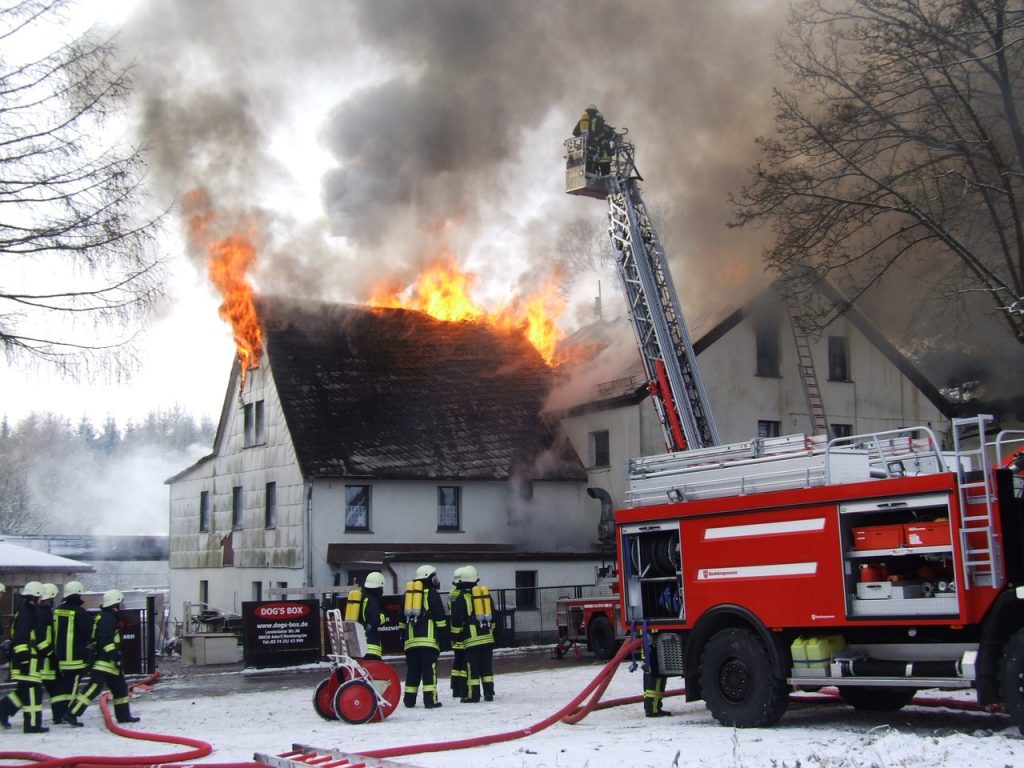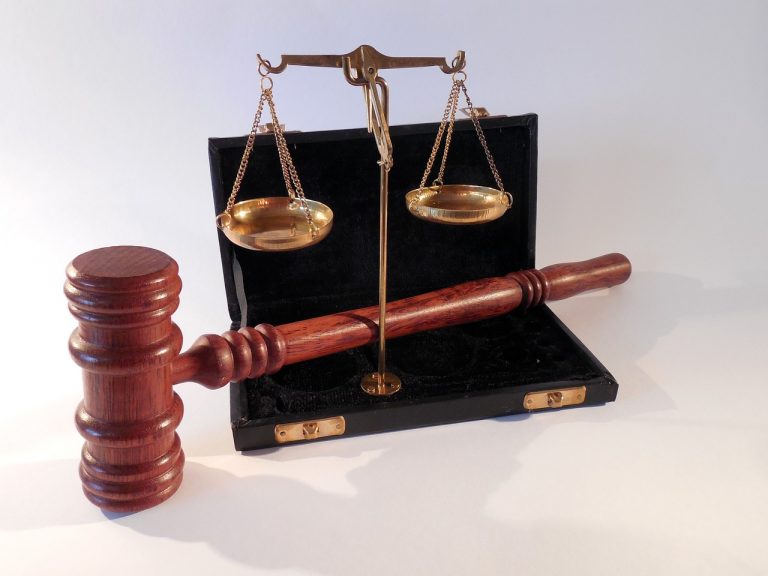Property crimes in Arizona encompass a diverse array of offenses, each presenting unique complexities and legal consequences. Burglary, theft, criminal trespass, arson, and vandalism are amongst the most prominent. These crimes, which range from unlawful intrusion to intentionally destructive acts, not only pose a significant threat to personal property but also reflect broader societal issues. Each of these categories merits its own detailed exploration, particularly in the context of Arizona’s specific legal framework. What facets of these crimes are most prevalent in Arizona, and how do their implications impact the state’s legal and social landscape?
Understanding Property Crimes
Each year, thousands of incidents related to property crimes are reported in Arizona, underscoring the urgent need to understand this pervasive issue. Property crimes encompass a broad spectrum of illegal activities that involve the theft or damage of another person’s property. Examples include vandalism, shoplifting, motor vehicle theft, and arson, among others.
Analyzing property crime trends in Arizona, we find that these offenses are often opportunistic in nature, typically driven by factors such as easy accessibility, lack of security measures, and the potential for high-value gain. This underscores the significance of preventative measures and community awareness in mitigating such incidents.
Victim support plays a vital role in addressing property crimes, offering assistance to those affected through counseling, legal advice, and compensation for their losses. Various organizations and state agencies in Arizona provide these services, aiding victims in maneuvering the aftermath of such an incident.
Understanding property crimes and their implications is key to formulating effective strategies for prevention and response. By closely examining the trends and patterns of these offenses, and ensuring robust victim support, Arizona can better equip its citizens to deal with this pervasive issue.
Burglary: A Comprehensive Look
Delving into the territory of property crimes, burglary stands out as a significant concern in the state of Arizona. The term ‘burglary’ is legally defined as the unlawful entry into a building or other structure with the intent to commit a crime, usually theft. Given the gravity and prevalence of this crime, understanding the nuances of burglary is essential.
Arizona’s burglary statistics are a stark indicator of the alarming situation. According to recent reports, there are over 30,000 reported burglary cases in Arizona annually, making it a pressing issue for law enforcement agencies. These figures reflect the urgency to implement stronger preventative measures and law enforcement strategies.
Exploring the domain of burglary defenses, it’s worth noting that the defenses vary depending on the circumstances surrounding the crime. Common defenses include lack of intent, consent, or misidentification by witnesses. However, establishing a solid burglary defense requires a thorough understanding of Arizona’s burglary laws and an experienced defense attorney.
The Nature of Theft Crimes
Shifting from burglary, another significant category within property crimes is theft. This encompasses a wide variety of offenses, ranging from petty theft to grand larceny. Understanding the nature of theft crimes involves not only identifying the different types but also examining theft statistics and exploring theft prevention measures.
In Arizona, theft crimes can be classified into three broad categories: * Petty Theft: This involves stealing property of relatively low value. It is typically considered a misdemeanor. * Grand Theft: This is a more serious offense, involving theft of property of high value. It is treated as a felony. * Identity Theft: This is a specialized form of theft where one’s personal and financial information is stolen.
Theft statistics in Arizona reveal a concerning trend. According to a recent report, there has been an uptick in the incidence of theft crimes. This highlights the import of theft prevention measures like securing personal belongings, installing security systems, and being vigilant of suspicious activities. Understanding the nature of theft crimes not only helps in prevention but also in recognizing when to seek legal assistance.
Criminal Trespass Explained
Criminal trespass, a prevalent property crime in Arizona, warrants thorough scrutiny due to its nuanced nature and significant consequences. It is essential to clarify the definition and elements of criminal trespass, as understanding its legal perspective becomes important in its prevention. Additionally, comprehending the repercussions of such an act, ranging from penalties to potential long-term impacts, is essential in highlighting the severity of this offense.
Understanding Criminal Trespass
In the domain of property crimes, the concept of criminal trespass stands as a vital component. In Arizona, this offense is primarily concerned with the violation of property rights and carries with it specific legal consequences. To fully understand criminal trespass, one must recognize it as a deliberate act of entering or remaining unlawfully on any real property after a reasonable request to leave.
With respect to trespass defenses, several factors can greatly impact the outcome of a case:
- The defendant’s knowledge of the trespass: The accused must be aware that they are not permitted on the property.
- The nature of the property: Different rules apply to residential, commercial, or fenced properties.
- The request to leave: The owner’s request must be reasonable and communicated effectively.
A deep understanding of these elements is essential in appreciating the intricacies of criminal trespass. Additionally, comprehending the factors that constitute such a crime can greatly assist individuals in safeguarding their property rights, ultimately fostering a more respectful and lawful society. In the subsequent section, we will explore the legal consequences of trespassing in Arizona.
Consequences of Trespassing
Having laid the groundwork in understanding the nature of criminal trespass in Arizona, it becomes pertinent to contemplate the consequences that accompany such an offense. The penalties for trespassing vary depending on the degree of the offense, ranging from a class 3 misdemeanor to a class 6 felony. The severity of the punishment depends on factors like the intent of the trespasser, the location of trespass, and any damage caused.
Civil liabilities arise if the trespasser causes harm to the property or its owner. The owner may then seek compensation for any losses incurred. This could include the cost of repairing any damage to the property or compensation for any distress or inconvenience caused by the trespass.
Defending against a trespassing charge can be complex. Trespassing defenses commonly involve proving lack of intent or knowledge, or demonstrating that the trespasser had a lawful right to be on the property. In some cases, the trespasser may have believed they were on their own property, or that they had the owner’s permission to be there. It is important to consult with an experienced attorney who can navigate these intricacies and mount a robust defense.

Arson and Its Consequences
Engulfing the serene Arizona landscapes in destructive flames, arson stands as a grave and impactful property crime. Arson not only results in the loss of physical assets but also poses severe threats to lives and the environment. The consequences of such intentional fire-setting are far-reaching and often irreversible.
The process of arson investigation is a meticulous one, requiring a keen eye for detail and a thorough understanding of fire behavior. It is a task of piecing together a puzzle from the charred remains to identify the origin and cause of the fire.
Alongside the criminal investigation, the importance of fire safety cannot be overstressed in the prevention of arson. It is essential for property owners to be proactive in implementing fire safety measures to minimize the risk and potential impact of arson.
- The devastating aftermath of an arson attack
- The intricate process of an arson investigation
- The pivotal role of fire safety in arson prevention
Vandalism in Arizona
Shifting our focus to another prevalent issue, vandalism in Arizona warrants serious attention. It is critical to comprehend the intricacies of the state’s vandalism laws, which can provide keen insight into the legal consequences of such actions. Additionally, an examination of the penalties associated with vandalism is paramount to appreciating the severity and potential repercussions of this property crime.
Understanding Vandalism Laws
Frequently, people underestimate the severity of vandalism laws in Arizona, viewing such acts as mere mischief rather than serious crimes. However, the state’s legal system takes vandalism quite seriously, with stringent laws and penalties in place to discourage such behavior.
Vandalism, or criminal damage as it is legally termed, is defined in Arizona Revised Statutes (ARS) 13-1602. It involves intentionally damaging someone else’s property without their consent. The penalties for vandalism vary, depending on the cost of the damage incurred.
In order to achieve a thorough understanding of Arizona’s vandalism laws, here are some key points:
- The vandalism laws cover a wide range of actions, from graffiti to property destruction.
- The severity of vandalism penalties is determined by the extent of property damage.
- Vandalism prevention is an essential aspect of the state’s approach to these crimes, with various programs and initiatives in place to curb such activities.
Understanding these laws can help individuals navigate potential legal circumstances involving vandalism. It also underscores the importance of respecting other people’s property and the severe consequences that can follow such misconduct. The next topic will explore deeper into the specific penalties for vandalism in Arizona.
Penalties for Vandalism
Building on our discussion of Arizona’s vandalism laws, we now turn our attention to the specific penalties associated with these offenses.
Vandalism penalties in Arizona vary based on the cost of damage inflicted. For instance, if the damaged property is worth less than $250, the perpetrator may face up to four months in jail and a fine of up to $750. However, if the damage amounts to over $10,000, the offender could be facing felony charges, leading to a maximum of 3.75 years in prison and fines up to $150,000.
In addition to these penalties, the courts may also require offenders to pay restitution to the victims. Restitution options are designed to reimburse the victim for any losses or damages incurred. This could include repair costs or replacement value of the damaged property.
Furthermore, the courts may also impose additional penalties such as community service or mandatory participation in a diversion program. These programs are aimed at rehabilitating the offender and preventing future acts of vandalism.
Legal Repercussions for Property Crimes
Property crime offenders, in Arizona, face stringent legal consequences. The state’s legal system is structured to guarantee that these crimes are effectively deterred and justice served. The legal repercussions for these offenses are defined by specific legal classifications and sentencing guidelines.
Arizona’s legal classifications categorize property crimes into misdemeanors or felonies, based on the severity of the offense. These classifications guide the court in determining the appropriate legal consequences. The sentencing guidelines, on the other hand, provide a framework for the penalties that a court can impose.
The legal consequences for property crimes in Arizona can be severe, and may include:
- Incarceration: This may involve jail time for misdemeanors or prison time for felonies.
- Fines: Offenders may be required to pay substantial fines, the amount of which depends on the severity of the crime.
- Restitution: In some cases, the court may order the offender to compensate the victim for the damage or loss incurred.
It is important to note that the legal repercussions for property crimes reflect the state’s commitment to maintaining law and order, and its zero-tolerance policy towards such offenses. However, the actual penalties may vary based on the specific circumstances of each case.
Preventing Property Crimes in Arizona
The prevention of property crimes in Arizona is a multifaceted effort that requires both proactive policies and informed citizen participation. It’s important to create a culture of vigilance, which can be achieved through a combination of community awareness initiatives and the institution of a robust neighborhood watch program.
Community awareness plays an essential role in the prevention of property crimes. By ensuring that individuals are aware of the risks and the measures they can take to protect themselves and their property, the incidence of these crimes can be considerably reduced. This can be achieved through educational campaigns, community meetings, and online resources that provide practical, actionable advice.
The institution of a neighborhood watch program is another effective preventative measure. These programs encourage residents to be vigilant and report suspicious activity to the police, acting as an additional layer of security for the community. A well-organized and active neighborhood watch serves as a deterrent to criminals, who are less likely to target areas where they know residents are actively working together to prevent crime.
Together, community awareness initiatives and neighborhood watch programs can form a powerful strategy for the prevention of property crimes in Arizona.
Frequently Asked Questions
What Are the Rehabilitation Programs Available for Property Crime Offenders in Arizona?
In Arizona, rehabilitation programs for property crime offenders include cognitive behavioral therapy, vocational training, substance abuse treatment, and community reintegration programs. These offender resources aim to reduce recidivism and promote societal reintegration.
How Does Arizona Law Categorize Property Crimes Based on Their Severity?
Arizona law categorizes property crimes based on severity levels into two main classes: felonies and misdemeanors. The classification depends on factors like value of damaged property, intent, and whether violence was involved.
Are There Any Specific Laws Regarding Juvenile Property Crimes in Arizona?
Yes, Arizona has specific juvenile laws for property offenses. Minors can face charges like trespassing, burglary, theft, or arson, with penalties varying based on the crime’s severity and the juvenile’s criminal history.
What Are the Common Defenses Used in Property Crime Cases in Arizona?
Common defenses used in Arizona property crime cases often include self-defense claims, mistaken identity assertions, consent, lack of intent, and challenging the legality of the evidence collection or the reliability of the evidence itself.
Are There Any Property Crime Trends in Arizona That Have Emerged in Recent Years?
Recent trends in Arizona property crime statistics reveal a decrease overall. However, motor vehicle thefts have seen an uptick in certain areas, while burglaries and arson rates have generally followed the downward trend.





